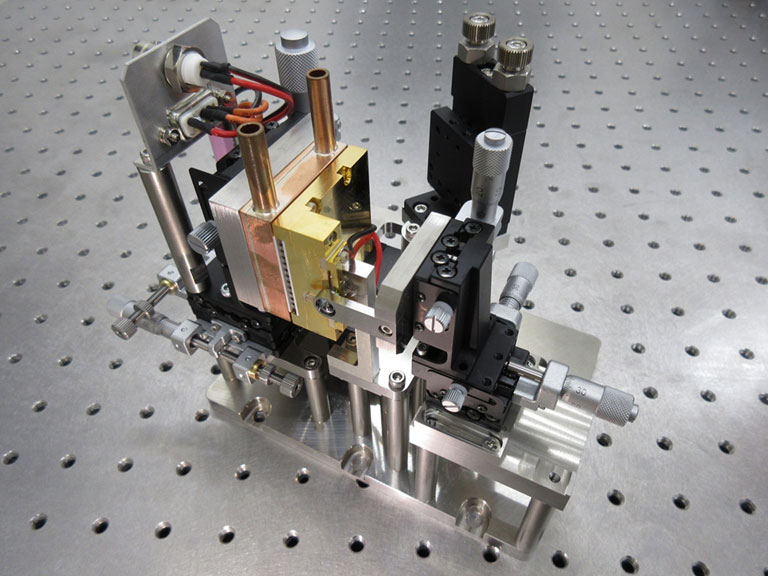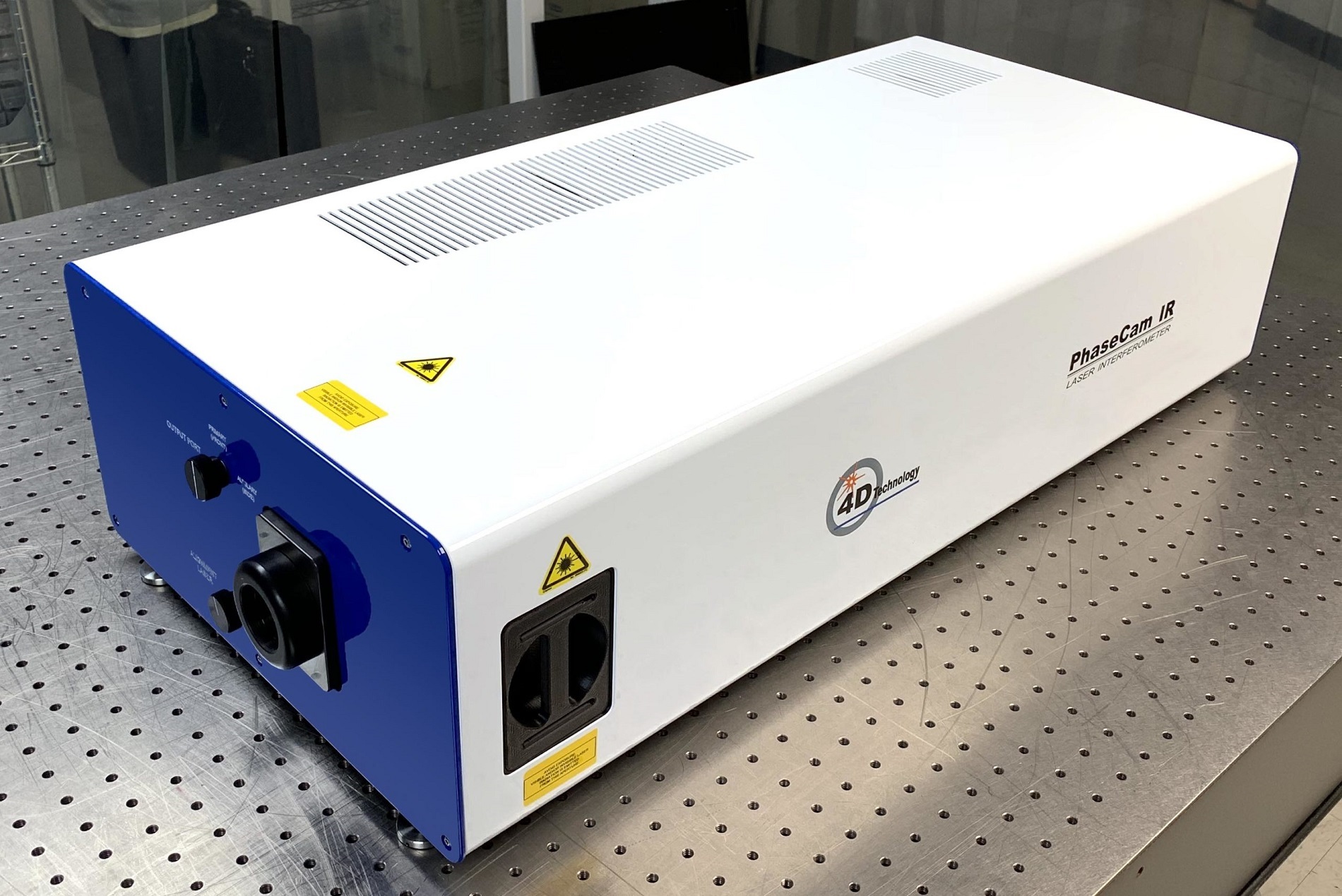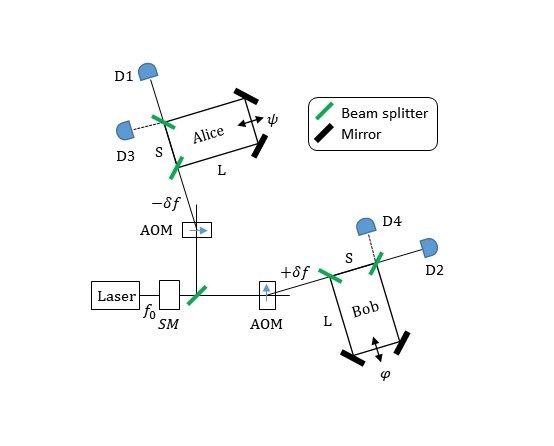SANTA CLARA, Calif. (Nov. 4, 2015)—Element Six, the pioneer in synthetic diamond supermaterials and member of the De Beers Group of Companies, today announced the development of a new diamond optics range, Diamond PureOptics™. Drawing inspiration from the anti-reflective structure of a moth’s eye, this all-diamond solution offers improved reliability and even higher power density levels for high power CO2laser systems.
Due to a combination of superlative thermal, mechanical and optical properties, diamond grown by chemical vapor deposition (CVD) has become the material of choice for windows for high power, multi-kilowatt CO2 laser systems. Its wide transmission window from the UV all the way to the RF part of the electromagnetic spectrum combined with the highest hardness and thermal conductivity of any material makes it a stand out component for robust optics.
As demands increase for faster through-put and new applications emerge such as extreme ultraviolet (EUV) lithography, which use CO2 lasers to generate sub 10 nm radiation, advanced solutions are required to produce more robust optics. To meet the associated application requirements, Element Six has pushed diamond synthesis and processing capabilities to new heights.
Diamond optical windows typically include an anti-reflective (AR) thin film coating to minimize reflection losses at each surface, associated with the change in refractive index of diamond to air, maximizing laser output power. However, these coatings have mechanical and thermal properties that can be 1,000 times inferior to those of the intrinsic diamond, leading to increased thermal and mechanical failures as optical power densities increase.
By mimicking the structure of a moth’s eye, Element Six has replaced these thin films with a diamond structured surface designed to reduce reflection losses, shifting the reliance of the optics solely onto the outstanding intrinsic properties of diamond. Diamond PureOptics™ with meta-surfaces (MS) offers improved reliability and allows even higher power density levels for high power CO2 laser systems. Ideally suited for EUV applications, the all-diamond MS design exhibits significantly higher laser induced damage threshold (by a factor of 10) than AR coated windows, with equivalent reflectance (less than 0.5 percent) and transmission (above 99 percent).
“With the industry trending to even more powerful CO2 laser sources and the high costs associated with system downtime, the need for more durable and reliable anti-reflective laser windows is critical,” said Bruce Bolliger, head of sales and marketing at Element Six Technologies. “Creating an all-diamond solution increases durability and enables higher power by eliminating more vulnerable antireflection thin films, which are often the first to fail in extremely high power density applications such as EUV lithography. We are confident the enhanced performance of our Diamond PureOptics™ optical windows will enable the next generation of high power laser systems and advanced applications.”
Research comparing the performance of AR coated windows with Element Six’s new Diamond PureOptics™ MS windows clearly demonstrates the superiority of MS in regards to reliability and thermal management. While in bench marked tests AR coated windows demonstrated a laser induced damage threshold at ~0.25 MW/cm2, the same laser was unable to damage the MS window at all, even at power densities 10 times higher. Additionally, exchanging AR coatings with MS decreased overall window absorption, helping to keep window operating temperatures low and minimize thermally induced beam distortion.
Element Six’s Diamond PureOptics™ optical windows with anti-reflective MS structures for 10.6 micron wavelength have been designed, fabricated and field-tested and are available now for shipment. The company is also developing Diamond PureOptics™ solutions for other wavelengths. For more information, please visit www.e6.com.
About Element Six
Element Six is a synthetic diamond supermaterials company. Element Six is a member of The De Beers Group of Companies, its majority shareholder. Element Six designs, develops and produces synthetic diamond supermaterials, and operates worldwide with its head office registered in Luxembourg, and primary manufacturing facilities in China, Germany, Ireland, Sweden, South Africa, U.S. and the U.K.
Element Six supermaterial solutions are used in applications such as cutting, grinding, drilling, shearing and polishing, while the extreme properties of synthetic diamond beyond hardness are already opening up new applications in a wide array of industries such as optics, power transmission, water treatment, semiconductors and sensors.














